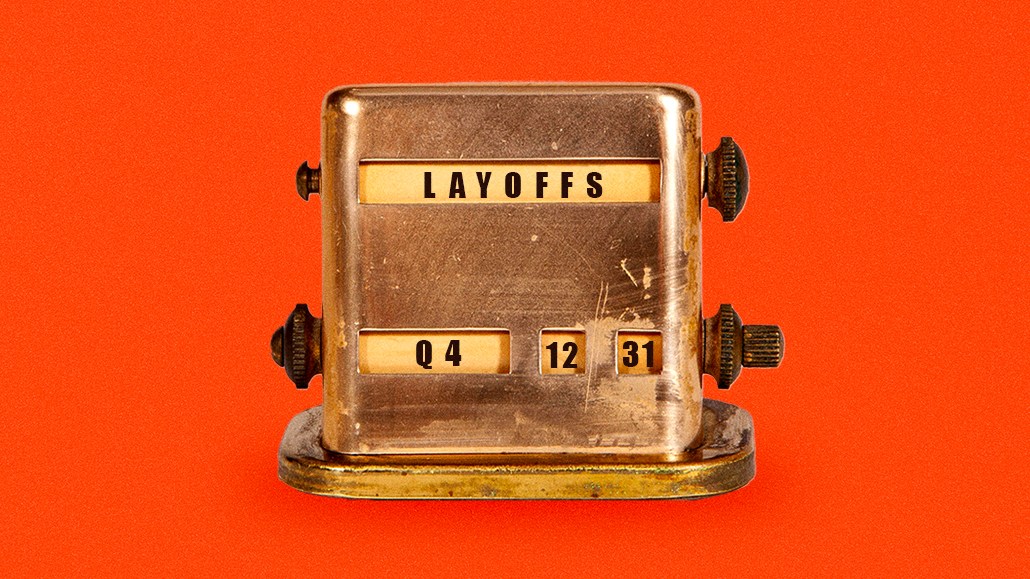Secure your place at the Digiday Publishing Summit in Vail, March 23-25
Feeling betrayed after layoffs spree, more workers flock to freelance

The article was first published by Digiday sibling WorkLife
Nate is a Brooklyn-based graphic designer who was laid off from his creative director’s job during the pandemic. Since then, he has managed to carve out a new identity: that of a happy, highly sought after freelancer.
“Initially when I got laid off, I found myself almost unhirable because of my salary requirements, because I had worked in smaller companies but was paid very well,” he said. “None of the big companies felt I had the experience they wanted, and no small companies felt like they could afford me.”
Not seeing an obvious path to a traditional work arrangement, he opted instead to take on freelance projects with a variety of companies, including large employers that would’ve never considered him for a full-time role.
“I realized having lots of clients was more secure than having one employer, and I never looked back,” he said, explaining that since he’s gone to work for himself, he better prioritizes his personal needs, has more time to see friends and family, even takes better care of his health, including more regular visits to the doctor.
“It’s all at my pleasure now,” said Nate. “Life is good.”
Last year, one of the most buzzed-about trends was The Great Betrayal, defined by employees having grown to feel that workplace stability and employer loyalty are a fantasy, and that workers who bet on themselves and rent out their skills across a range of clients tend to be better off.
A recent survey of 1,000 knowledge workers by the members-only product builders network A.Team found that those sentiments are becoming even more entrenched following the recent wave of layoffs, particularly at tech companies, leading many to go from merely complementing their full-time jobs with side gigs to ditching the staff job altogether.
To read the full story click here
More in Media

How creator talent agencies are evolving into multi-platform operators
The legacy agency model is being re-built from the ground up to better serve the maturing creator economy – here’s what that looks like.

Why more brands are rethinking influencer marketing with gamified micro-creator programs
Brands like Urban Outfitters and American Eagle are embracing a new, micro-creator-focused approach to influencer marketing. Why now?

WTF is pay per ‘demonstrated’ value in AI content licensing?
Publishers and tech companies are developing a “pay by demonstrated value” model in AI content licensing that ties compensation to usage.








